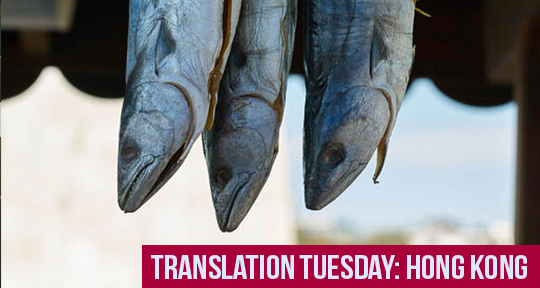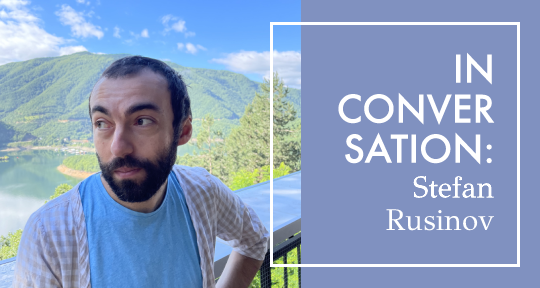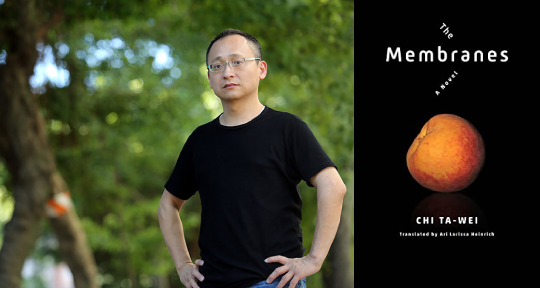As Venice makes its cinema showcase and the MET spreads its red carpets for the lavishly dressed, literature also serves up September as a memorable month with plenty of international displays and showcases of both known favorites and new releases. This week, a vital Vietnamese poet is commemorated in film, a varied arts festival takes place on Bulgarian shores, and an eminent Taiwanese author makes his English-language debut. Read on to find out more!
Thuy Dinh, Editor-at-Large, reporting from the Vietnamese Diaspora
Each year, on September 16, the village of Tiên Điền, in the province of Hà Tĩnh, commemorates the death anniversary of Nguyễn Du (1765-1820), its venerated native son and author of The Tale of Kiều—a 3,254-line epic poem unequivocally embraced as the Vietnamese soul. This year, to mark the 201st year of his passing, the three-hour biopic Đại Thi Hào Nguyễn Du (The Great Poet Nguyễn Du) will make its premiere at the XXII National Film Festival in Hue, Central Vietnam. The film’s original September release—meant to coincide with Nguyễn Du’s death anniversary—has now been rescheduled to November 2021, due to safety concerns related to Vietnam’s recent surge of COVID cases.
The Tale of Kiều, created during a time of warring loyalties and written in the Nôm (Southern) script with Chinese characters modified to reflect Vietnamese spoken vernacular, has been endlessly adapted into cải lương (“reformed” Southern Vietnamese folk opera), chèo (Northern Vietnamese musical theatre), Western-styled opera, and films. Since the idea of trinh 貞 (chastity/integrity/ faithfulness) in Nguyễn Du’s oeuvre represents both a conceptual and linguistic challenge, its complexity has inspired at least six English translations in recent decades. Huỳnh Sanh Thông’s Nguyễn Du, The Tale of Kieu–A Bilingual Edition (Yale University Press, 1983), while still considered the gold standard, employs unrhymed iambic pentameter that often lapses into wooden syntax. Vladislav Zhukov’s The Kim Vân Kiều of Nguyễn Du (Cornell University Press, 2013), in grafting iambic pentameter to lục bát (six-eight syllable Vietnamese rhyme scheme), results in obtuse renderings reminiscent of Nabokov’s eccentric translation of Eugene Onegin. Most recently, Timothy Allen’s The Song of Kieu: A New Lament (Penguin, 2019), while ebullient with vivid syntax, contains numerous errors and self-indulgent interpretations.
Nguyễn Du’s mistrust of chastity goes hand in hand with his concept of exile; his heroine wanders far-flung places and learns to survive by endless transformations—also a recurring theme in Kiều Chinh: Nghệ Sĩ Lưu Vong (Kiều Chinh: Artist in Exile) (Văn Học Press, 2021). Penned by veteran Vietnamese American actress Kiều Chinh, the memoir echoes Nguyễn Du’s art of story-telling “to beguile an hour or two of your long night.”[i] The Joy Luck Club actress—whose dramatic flight to freedom is recounted in Viet Thanh Nguyen’s The Sympathizer—will embark on a September-November book tour to Vietnamese diasporic communities in the U.S., sharing chapters from her own life that reflect the larger history of Vietnam.
[i]Huỳnh Sanh Thông’s English translation, The Tale of Kiều, line 3254, p. 167.









